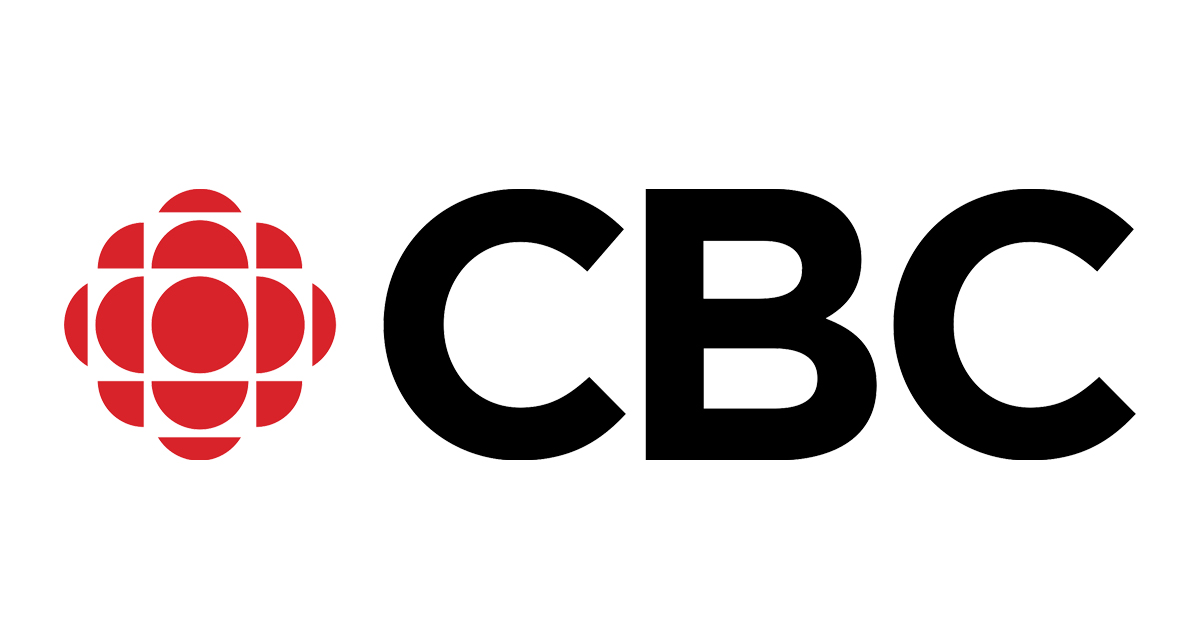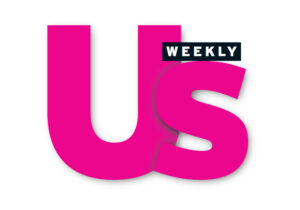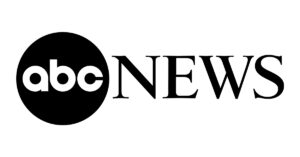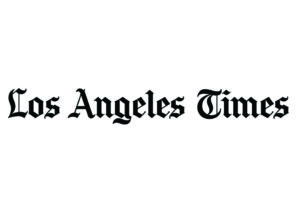Milk has followed in the footsteps of his uncle in pushing for LGBTQ rights and acceptance
After the assassination of Harvey Milk, one of the first openly gay politicians in the United States, there were high expectations for Stuart Milk that he’d be able to channel his uncle’s spirit.
Harvey Milk was elected as San Francisco city supervisor in 1978, and made international headlines for his achievement. Milk was killed, along with San Francisco mayor George Moscone, by former city supervisor Dan White on November 27, 1978.
Stuart Milk was just 17 and facing his own struggles with being gay when he was invited to speak at an event shortly after his uncle was killed.
“A very famous American, a Washington D.C.-based activist named Frank Kameny … said, after I spoke, ‘Oh you’re nothing like your uncle, don’t do that,'” Milk told CBC’s Daybreak on Friday. “I was devastated by that.”
Despite the early criticism, Milk has carried on his uncle’s mission of fighting for LGBTQ rights. In 2009, he co-founded the Harvey Milk Foundation, which pushes for acceptance and celebration of diverse communities.
Milk is one of the grand marshals for this year’s Montreal Pride parade; others include Montreal drag queen Mado Lamotte and swimming gold medallist Mark Tewksbury.
Difference as a strength
Stuart Milk grew up in Long Island, New York, and said it was a very homophobic atmosphere.
Milk said his uncle was the only person he confided in about feeling that he wasn’t a part of his community in Long Island.
“[Harvey] said ‘I know it’s difficult and I know it’s hard sometimes for you as the person who is different from everyone else to see that. But think about how much more powerful your perspective is if it’s not the mainstream,'” he said. “He really believed our difference was a strength, not a weakness.”
Milk said he spoke with his uncle every week on the phone.
“[Harvey] gave me, when I was 12 in 1972, a book called Seven Arrows. And in it he wrote, ‘You, and all your differences, is the medicine that will heal the world, even when the world doesn’t recognize that,'” he said.
When Harvey Milk’s death was killed, Stuart was devastated.
“My uncle really was my compass,” he said.
Acceptance and inclusion
Milk believes there’s a balance to strike between the commercial side and political side of Pride events.
“When you see society, whether it’s corporations and faith organizations and other minority groups, coming out and celebrating LGBT people, that sends a tremendous message of inclusion and acceptance and celebration,” he said.
“The fact that we have your prime minister there, and the Taoiseach from Ireland … that’s a huge message that society not just simply tolerates LGBT people but accepts them.”
Prime Minister Justin Trudeau and Irish Prime Minister Leo Varadkar, who is openly gay, are marching in Montreal’s Pride parade this year.
“We still need to talk about the issues,” said Milk. “We still have work to do. We still have kids in major cities that are LGBT that are 4 times more likely to be homeless than non-LGBT kids.”
“But at the end of the day, we’re going to have young people in Montreal on Sunday who, for the first time of their life, [are] going to be out in public and feel hopeful about their future.”
The Pride parade starts at noon on Aug. 20, and at the corner of Drummond Street and René-Lévesque Blvd. and travels down René-Lévesque Blvd to Alexandre-DeSève Street.




